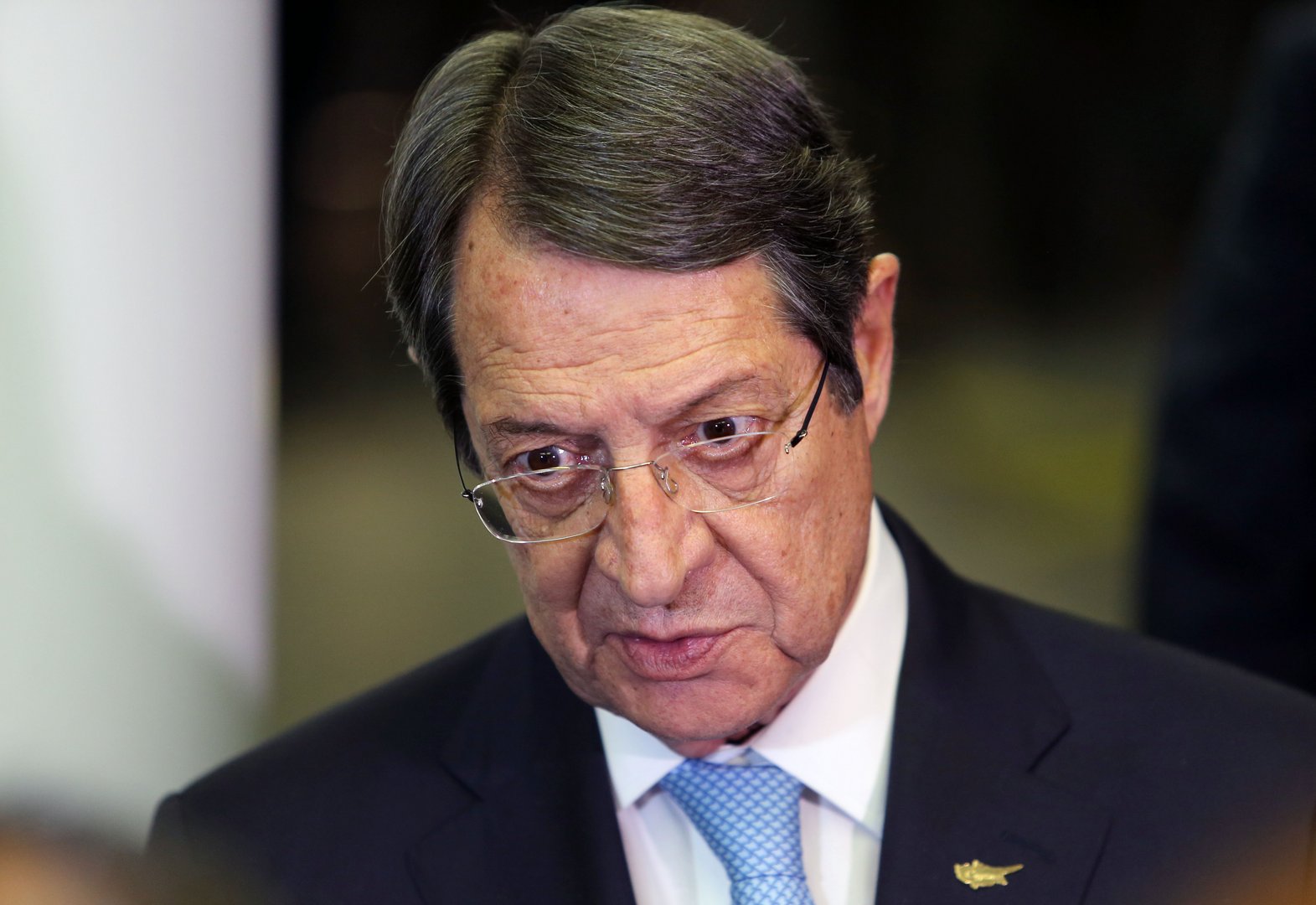We have lost count of the number of high-level gatherings on Cyprus that have been billed ‘the last chance for a deal’ over the years. Hardliners often mock those that describe negotiations in such a dramatic way, and events prove they are right to do so, because another last chance inevitably appears a few years later. It is of no concern to them that the attainable deal is usually less favourable than that of the previous ‘last chance’ because a settlement has never been their objective.
The informal five-party conference that opens in Geneva on Tuesday will in effect decide if there will be one more ‘last chance’. Turkey had proposed the holding of this conference with the objective of the two sides discussing and agreeing, if possible, on what type of settlement could be negotiated. It is entirely possible they would fail to find the requisite common ground for a settlement with one side wanting a bizonal, bicommunal federation and the other two states, in which case there would be no more last chances on the horizon.
Turkey has built a strong case for a two-state solution and it is not just based on Foreign Minister Mevlut Cavusoglu’s claim that President Anastasiades voiced support for this at a private meeting they had in Crans-Montana. Turkey has been arguing that there can be no federal settlement because the Greek Cypriot side will not accept political equality. Cavusoglu repeated the argument a few days ago. “We have been negotiating for 53 years for a federation but as the Greek Cypriot side will not accept political equality we should not waste time.”
Anastasiades has added substance to this argument by publicly stating on many occasions in the last couple of years that he could not accept political equality as the Turkish Cypriot side envisage it because this would give rise to a “dysfunctional state.” He insists the ‘single positive vote’ for the Turkish Cypriots had the potential of paralysing the state and wanted to define on which issues they would have the power to exercise this ‘single positive vote’. He repeated this position just a week ago, indicating he has no intention of giving any ground, despite repeating his commitment to the Guterres framework, which includes political equality.
Now the Turkish side is not satisfied with political equality and has upped its demand to sovereign equality that would pave the way to a two-state solution, which is not really on the cards as it is a no-go for the EU and the international community. In other words, failure to find common ground would leave things as they are with the north remaining under Turkey’s total control and, at some point, in the future being annexed. The UN peacekeeping troops would also withdraw, the buffer zone would be up for grabs and the Republic would have a 200km border with Turkey. Varosha would be opened and settled while the Cypriot EEZ will be disputed by Turkey with the risk of the natural gas never being extracted.
This scenario, which only the Disy chief Averof Neophytou has been warning about, should be the overriding concern of our side. The Akel line that Anastasiades should ensure the Greek Cypriots are not blamed for a collapse of the procedure is a way of not taking a stand, even though in the decades of Cyprus problem procedures avoiding blame for deadlock has become an end in itself, a cause for celebration. In the bigger picture, which our politicians refuse to see, benefits from not being blamed are zero. Even in the highly unlikely event that the UN Secretary-General closes the Geneva conference attributing all the blame for the failure to find common ground on Turkey would this stop Turkey opening Varosha and sending its drillship into the Cypriot EEZ?
There is a strong possibility there will be no need for a blame game as nobody would want to see a collapse in Geneva. There is the European summit in June at which the EU-Turkey positive agenda, which includes a major funding programme for Turkey, will be a major topic of discussion. Ankara would not want to do anything that could put this financial assistance, worth a few billion euro, in jeopardy. The European Commission, which is committed to the positive agenda, would also want the Geneva conference to go relatively smoothly even if it is inconclusive. This is why most observers see the conference as a low maintenance exercise – one that will produce no practical result other than to keep a process of sorts going until June. What will happen after that is anyone’s guess, but the last chance for a deal will probably not surface in Geneva this week.







Click here to change your cookie preferences